VandenBout Law
Colorado Wind Damage Insurance Claims

Expert Wind Damage Insurance Lawyers
in Denver, Colorado
Windstorms are a common occurrence in Colorado, often causing significant damage to properties. At VandenBout Law, we specialize in representing policyholders in Denver and surrounding areas, ensuring you receive the full compensation you are entitled to for wind damage. Our experienced attorneys understand the complexities of wind damage claims and are dedicated to helping you navigate the insurance process effectively.

Why Choose VandenBout
Law for Your
Wind Damage
Claim?
As a Denver-based law firm, we have in-depth knowledge of Colorado’s weather patterns and insurance regulations. Our local experience enables us to effectively advocate for your wind damage claim.
From the moment you contact us, we manage your wind damage claim, handling all communications with insurance companies and ensuring every detail is meticulously documented.
We operate on a contingency fee basis, meaning you don’t pay us unless we win your case. This ensures our interests are fully aligned with yours.
Understanding Wind Damage Claims
Windstorms can cause various types of damage to properties, including:

-
Roof Damage
Shingles can be blown off, roofs can be punctured, and structural integrity can be compromised.
-
Siding Damage
High winds can cause siding to crack, peel, or be completely torn away.
-
Window and Door Damage
Windows and doors can shatter or be blown off their frames.
-
Fallen Trees and Debris
Trees and other debris can fall on homes, vehicles, and other property, causing extensive damage.
These damages can significantly affect the value and safety of your property. Filing a wind damage claim should be straightforward, but insurance companies often attempt to minimize payouts. Our role is to ensure this does not happen.
Steps to Take After a Windstorm
Document the Damage
Secure Your Property
Contact Your Insurance Company
Call VandenBout Law
How
VandenBout
Law Can Help
We conduct a detailed assessment of the damage, often working with experts to ensure all damage is identified and properly valued. Our team handles all negotiations with your insurance company, leveraging our knowledge and experience to advocate for a fair settlement that reflects the level of wind damage to your Colorado home. If your insurance company refuses to provide adequate wind damage compensation, we are prepared to take your case to court to secure the funds you need for repairs.

Common Challenges in Wind Damage Claims
-
Underestimated Damage
Insurers may undervalue the extent of the damage to reduce payout amounts.
-
Delayed Payments
Insurance companies may delay processing your claim, causing financial strain.
-
Claim Denials
Claims can be denied for various reasons, often unjustly.

Contact Us Today for a Free Consultation
If your property in Denver or the surrounding areas has suffered wind damage, don’t navigate the claims process alone. Contact VandenBout Law today for a free consultation and let our experienced wind damage attorneys fight for the compensation you deserve.
Frequently Asked Questions
About Wind Damage Claims
What should I do immediately after my property is damaged by wind?
What types of damages are typically covered in a wind damage insurance claim?
Wind damage claims typically cover roof damage, siding damage, window and door damage, and damage caused by fallen trees and debris.
How can VandenBout Law help with my wind damage claim?
What if my insurance company underestimates or denies my wind damage claim?
How long do I have to file a wind damage claim in Colorado?
Can I make temporary repairs before my insurance adjuster inspects the damage?
Yes, you should make temporary repairs to prevent further damage to your property. Document the damage with photos and videos before making repairs, and keep all receipts for the repair expenses to include in your insurance claim.
